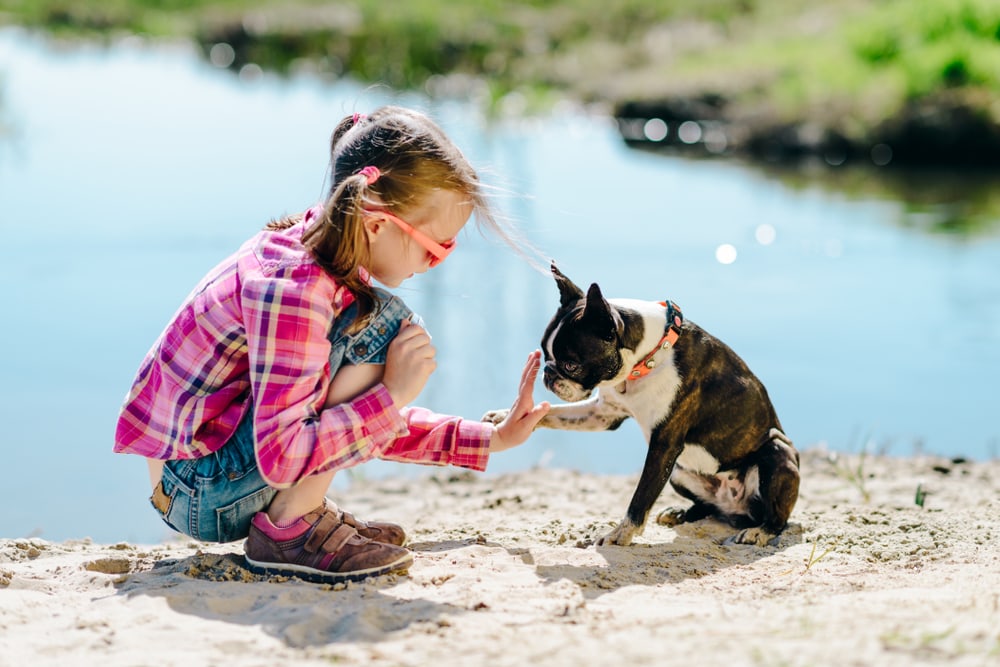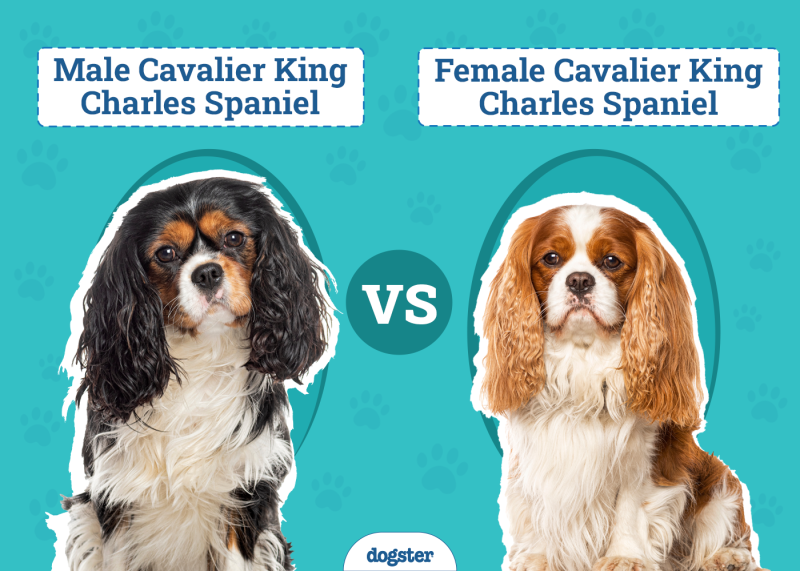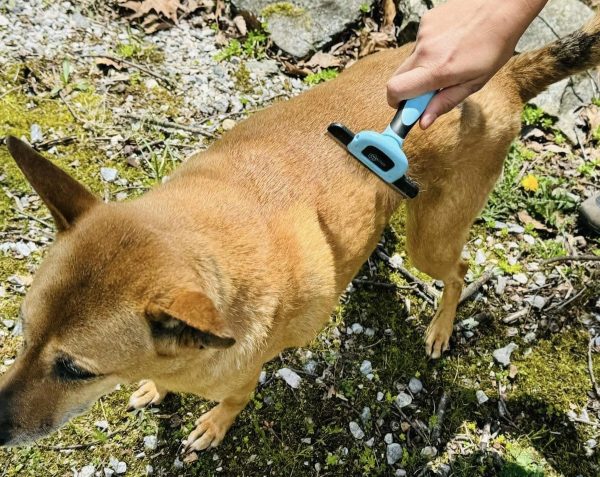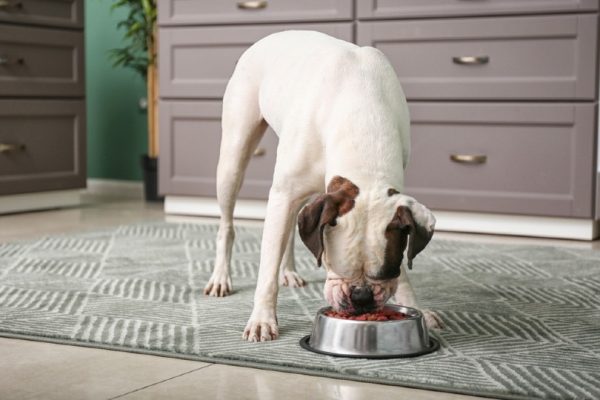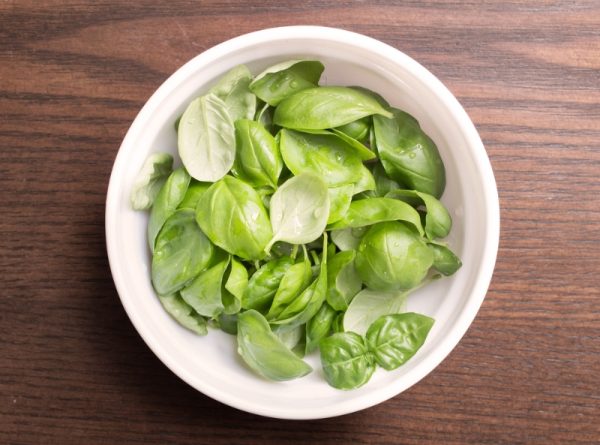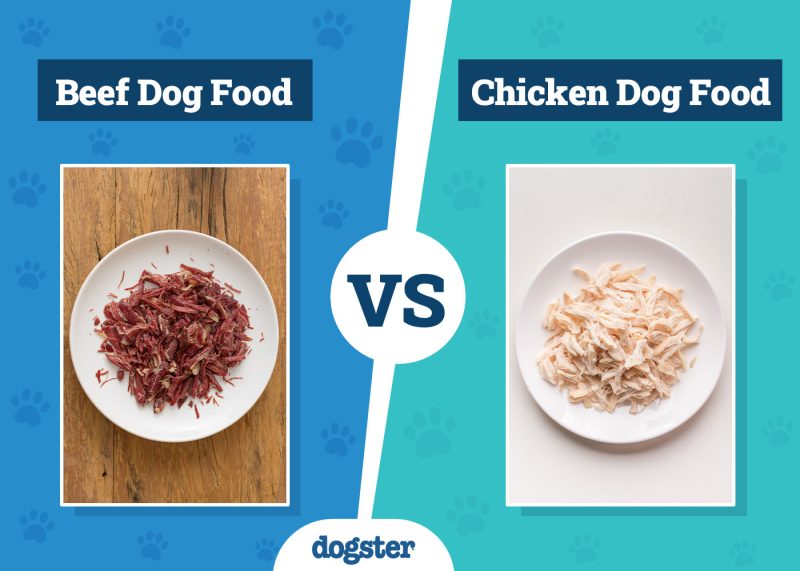In this article
View 2 More +When selecting a dog to adopt, it’s vital to pick one that will get along with everyone in the household, from the youngest member to the oldest. If you have kids, you want to be sure any dog that you get will get along with them. If you get a breed that isn’t typically tolerant of children, you could have trouble on your hands.
If you’ve been looking at adopting a Boston Terrier, you will be happy to know that this breed generally gets along incredibly well with kids! In fact, these pups will likely get quite attached to any children in the home, along with everyone else. Here’s a bit more about this breed to help determine if it’s the right one for you and your family.

Why Boston Terriers Are Good With Kids
The Boston Terrier is also known as the “American Gentleman,” a nickname given to them due to their appearance and well-behaved nature. Although these dogs can sometimes be hyperactive, they’re still incredibly gentle. Their gentleness and size don’t mean they won’t accidentally knock over smaller children during play, but this breed seems to understand that one must be careful with tiny humans. They’re also not known to be nippy toward children who get a bit rough.
Of course, it’s key that you engage your Boston Terrier in early socialization to get them used to being around people, including children, and to teach children how to play with a dog correctly.
This breed is incredibly friendly and affectionate with family members, so they will love everyone regardless of age or size. The Boston Terrier will be calm around babies, even when the little one is loud. They will make excellent companions for older children who need to work off some energy, as these pups love having adventures. These dogs are well-known for their silly, clown-like natures, so they’ll provide endless entertainment for all!
Best of all, the Boston Terrier is a loyal and protective breed. Although these aren’t dogs that often bark, when they do bark, it will be because something is up, whether it’s someone at the front door or things are amiss in the home. There have even been instances where a Boston Terrier has saved children’s lives, like a pup that protected a couple of kids from another dog1.

The Key to a Good Dog & Child Relationship
The Boston Terrier is a great fit for kids, but that doesn’t mean you can skimp on training and socializing them. While they’re a gentle breed by nature, they still need to learn how to be tolerant of people and other animals. Likewise, any children in your home should learn how to determine a dog’s boundaries and interact appropriately with them.
You also never want to leave smaller children alone with a dog without supervision. While the Boston Terrier isn’t known for nipping at rough handling, it doesn’t mean it can’t happen. There’s also always the risk a younger child could play a little too hard and hurt the dog.

Caring for a Boston Terrier
Of course, you need to know how to properly care for a Boston Terrier if you bring one into your home, so here’s a quick look at what you’ll need to do for these pups. There are more things to consider, however, such as the amount of daily exercise that a dog needs, so do your research before adopting!
Diet
Like all dogs, your Boston Terrier will need a quality high-protein dog food to keep healthy. However, this breed is prone to becoming obese, so it’s vital you only feed them the proper portions. The best way to determine the correct portion for your pup is to speak with your vet. They can recommend not only portion sizes but also the best kinds of dog food for your pet.
Grooming
The Boston Terrier is a short-haired breed, so they’re reasonably low-maintenance when it comes to grooming needs. You’ll only need to brush your pup once a week to get rid of dirt and loose hair and to keep the dog’s coat looking healthy. As for bathing, you only need to bathe them every 3–4 weeks (unless your dog runs through a mud puddle or something similar). Bathing your pet too much can dry out their skin and make the coat look less healthy, so don’t overdo it! Also, keep your Boston Terrier’s nails trimmed.
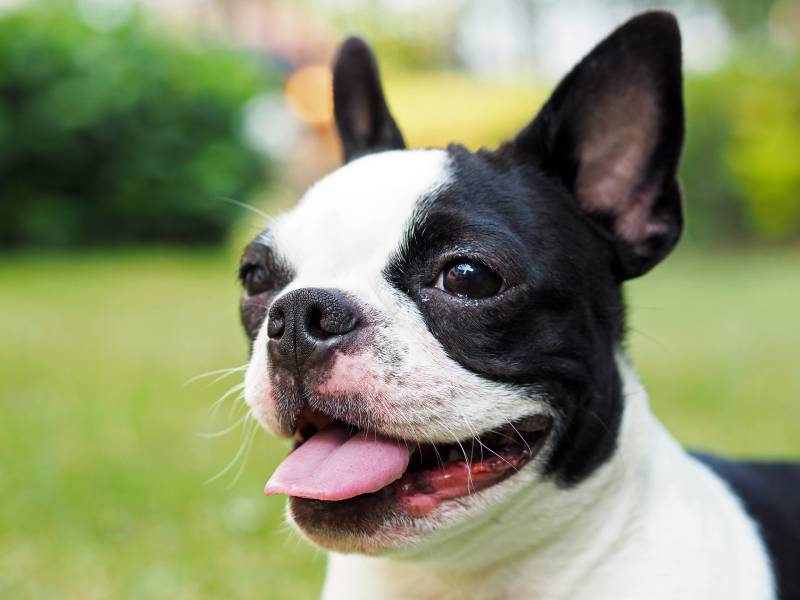
Health Concerns
Even the hardiest dog breeds will have a few health issues they are prone to, and the Boston Terrier is no different. Here are a few health concerns you might encounter with one of these pups.
- Cherry eye
- Gassiness
- Deafness
- Brachycephalic syndrome
- Heart murmur
- Hemivertebrae

Conclusion
If you’re concerned about whether a Boston Terrier will get along with your children, don’t be! These dogs are excellent with kids of all ages, as they are gentle and exhibit a lot of care and patience when it comes to little ones. That doesn’t mean you can forgo socialization and training a Boston Terrier, though. This is still a vital part of a dog’s life that needs to happen to ensure harmony in the household. But your kids should be thrilled with having a Boston Terrier as a playmate and vice versa!
- See also: How Much Do Boston Terriers Cost?
Featured Image Credit: bubutu, Shutterstock
